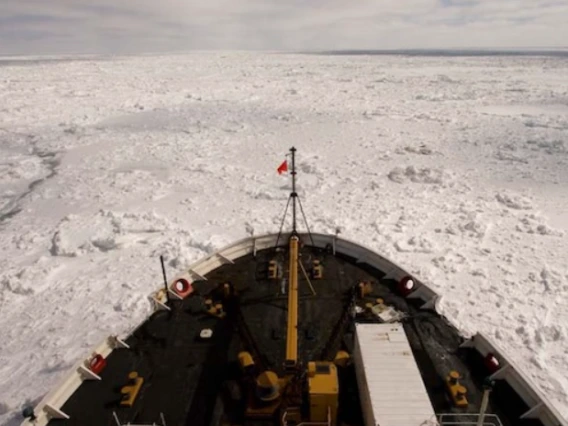Policy Strategy and Collaboration
The University of Arizona excels in policy strategy and collaboration, focusing on national security, environmental sustainability, and socioeconomic development. Through partnerships with government, industry, and local communities, the U of A drives innovation and workforce development. The university's efforts in policy strategy and collaboration ensure effective governance, promote operational efficiencies, and address critical global challenges.
The University of Arizona's capabilities within Policy Strategy and Collaboration encompass a vast array of expertise and resources, including policy analysis, strategic planning, stakeholder engagement, cross-sector partnerships, data-driven decision-making, and innovative approaches to addressing complex societal challenges.
Science Diplomacy & Policy Certificate
Offered in partnership with UNITAR, this 14-week program trains professionals in negotiation, strategic communication, and science-driven policy development.
Program details
Border Security & Human Rights Research
Through the UA–UNAM Consortium and the Southwest Border Security Consortium (SBSC), UA leads binational studies on migration, resource security, and regional policy.
Binational Collaboration
SBSC overview
Collaborative Environmental Governance
The Udall Center’s policy programs focus on Indigenous governance, climate adaptation, and collaborative water/resource policy—vital to national resilience.
Udall Center
Strategic Research Alignment
UArizona’s strategic plan includes initiatives for research security policy, secure research infrastructure, and new national security working groups.
Strategic Objectives
Interim Research Security Policy
FEATURED STORIES

Promoting Strong Arctic Governance and Ensuring an Aspirational Marine Resources Treaty’s Effectiveness
Connor Sakati examines the risks, challenges, and opportunities associated with potential high seas fisheries in the Central Arctic Ocean, framing the issue through the lens of the tragedy of the commons. He highlights national security, environmental, and socioeconomic concerns, emphasizing how economic competition could drive conflict and how weak governance structures may lead to overfishing and other exploitations.
Sakati provides an in-depth analysis of the Agreement to Prevent Unregulated High Seas Fisheries in the Central Arctic Ocean, discussing its origins, achievements, and shortcomings. He explains how negotiators balanced key trade-offs—breadth vs. depth, cooperation vs. coercion, and short-term vs. long-term considerations—while shaping the treaty. The article concludes with recommendations for strengthening Arctic governance by addressing existing gaps in international agreements.
